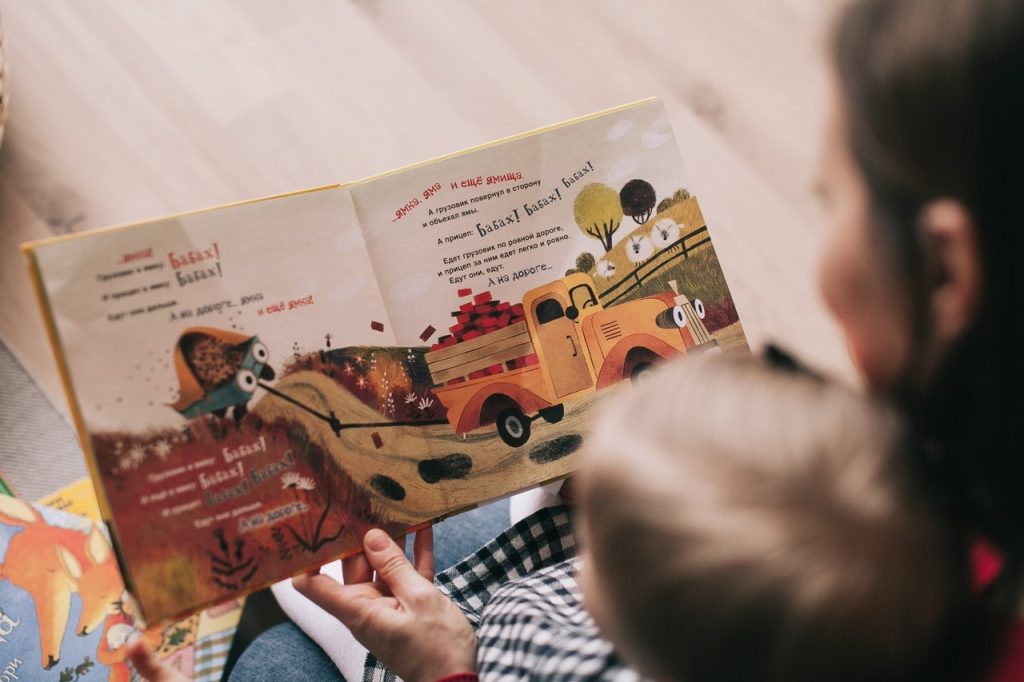
Undergoing a divorce is a mentally and emotionally draining time, especially when you’re trying to find a way to parent your children on your own. While you once had an additional support person (your ex-partner) to confide and assist during trying or difficult times, you’re now left to fend for yourself on your own. It might seem intimidating or overwhelming, but learning to navigate this path isn’t as hard as it might appear. By using these three tips as a guide, you’ll master the techniques for “solo” parenting.
1) Always put the children first
As hard as it might be to deal with the divorce emotionally, it’s important that your children don’t suffer as a result. Remember that they need to be and continue to be your focus—especially while they’re trying to grasp the new household dynamics. Make sure you take a few hours a week to spend quality time together, without worrying about financial stress. Opt for free ideas like a walk in the park, a picnic lunch or extra stories at night.
2) Be sympathetic to the change
Many children will react differently to the divorce, especially if they can’t yet verbalize how they’re feeling. This means retracting into younger behaviors (bet-wetting, temper-tantrums and behavior changes) can be quite normal during the first few months after the divorce. Try to remain sympathetic to your children as they are trying to understand how the family is going to function without both parents together in one home. Take the time to answer any questions they might have – especially if it’s regarding the family unit as a whole.
3) Establish boundaries and rules early on
If your children are old enough, sit down together and establish ground rules for the new family household. While children might understand what was expected before, having a major shift in the dynamic can cause confusion and hurt – which can lead to anxiety in children. Allow the children to set up their own rules like household chores or tasks to complete in the morning; giving them some control in a “powerless” situation. By creating a new routine, your children will begin to understand what’s expected of them in the new household – even if it’s still the home they grew up in. Remember, while you’ve had months of time to consider this shift, chances are, it’s still fresh and new for your children.